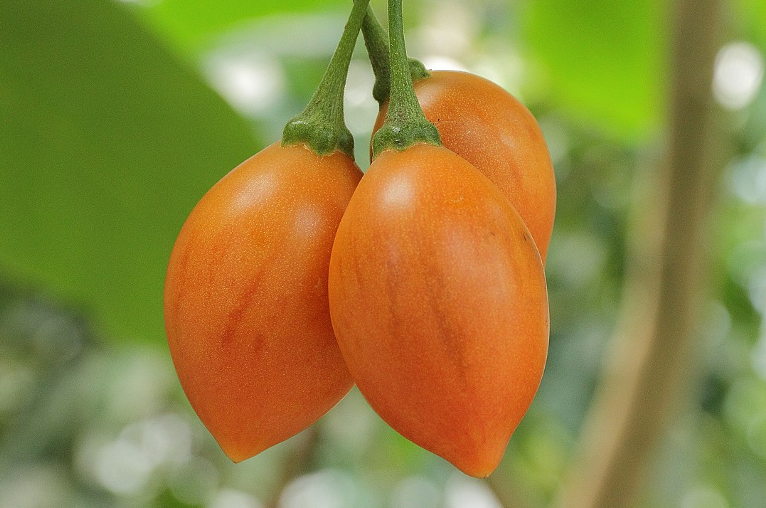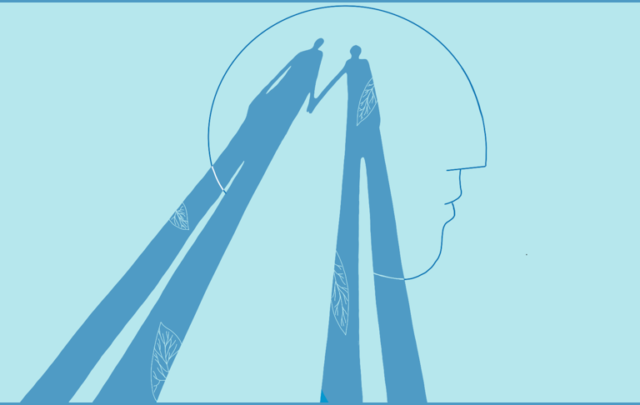Sharon Astyk is a Science Writer, Farmer, Parent of Many, writing about our weird life right now.
She is the author of four books: Depletion and Abundance: Life on the New Home Front, which explores the impact that energy depletion, climate change and our financial instability are likely to have on our future, and what we can do about it. Depletion and Abundance won a Bronze Medal at the Independent Publishers Awards. A Nation of Farmers: Defeating the Food Crisis on American Soil co-authored with Aaron Newton, which considers what will be necessary for viable food system on a national and world scale in the coming decades, and argues that at its root, any such system needs a greater degree of participation from all of us; Independence Days: A Guide to Sustainable Food Preservation and Storage which makes the case for food storage and preservation as integral parts of an ethical, local, healthy food system and tells readers how to begin putting food by, and the newly published Making Home: Adapting our Homes and Our Lives to Settle in Place, which “shows readers how to turn the challenge of living with less into settling for more”.






2 thoughts on “Sharon Astyk”